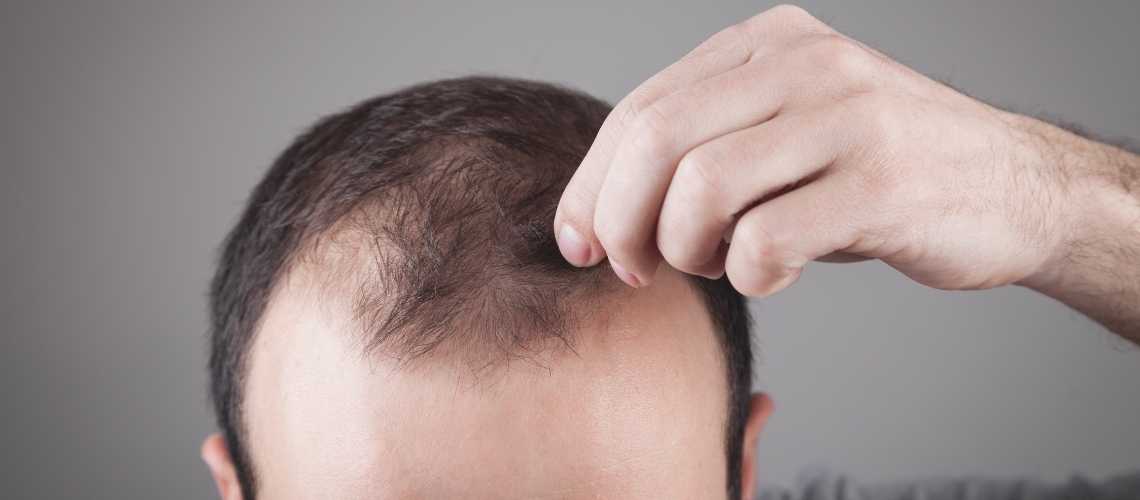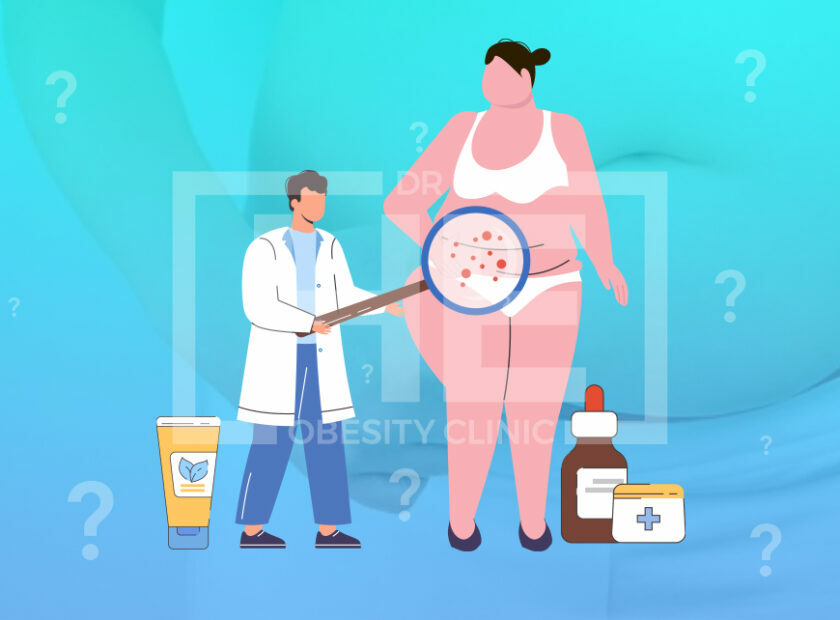
The Impact of Biotin for Bariatric Weight Loss Patients We can say that the effect of the impact of biotin for bariatric weight loss patients. The number of reported adverse events related to biotin intrusion with lab tests has increased, according to the FDA. Hormone levels, heart failure, pregnancy, cancer, and iron deficiency anemia tests have all been found to be affected.
Biotin seems to be a B complex vitamin that is necessary for good skin, nail, and hair health. While biotin deficiency is uncommon, some anecdotal evidence suggests that taking vitamin b6 nutrients can help reduce hair loss after weight loss surgery.
Biotin is touted as being good for your skin, hair, and nails. However, many supplements contain up to 650 times the recommended daily allowance of biotin.
Extra biotin does not help with hair loss or weight loss, according to scientific evidence, and our vitamins comprise 0.6 mg, which is twice the daily recommended amount. Additional biotin supplementation is not recommended.
Biotin supplementation, while not toxic, can be harmful in it in diagnosing conditions if it is not stopped at least 48 hours before lab tests.
Biotin is found in liver, eggs, krill, meat, nuts, seeds, and some vegetables, such as sweet potatoes, which our weight loss patients should be aware of.
A biotin deficiency is extremely uncommon. If you need to complement your biotin intake during your weight loss journey, take no more than 2.5 mg per day, which is four times the amount in vitamins.
Almost everyone will experience hair thinning after bariatric weight loss surgery, which will begin 3–4 months after surgery. It will last 90 to 120 days before hair starts to regrow. If it doesn’t, lab tests could reveal a nutritional deficiency.
Keratin is a type of structural protein found in hair. To make keratin, the body requires protein, zinc, iron, vitamin D, silicon, and selenium. All of these nutrients are present in the recommended levels in vitamins.
Adding whey protein to thier diet is the best way to boost your body’s keratin production. Red meat, poultry, cranberries, almonds, leafy greens, soya, and salmon are all beneficial foods.
It’s critical to inform your doctor about any supplements you’re taking. If you are having lab work drawn, please let the lab know about any supplements you are taking. Also, please stop taking any pyridoxine supplements 48 hours before your lab work is drawn.
Biotin for Hair Loss
Hair loss is a fairly common side effect of sleeve gastrectomy or gastric bypass surgery, regardless of where the procedure is performed. This can be frightening for many women; however, keep in mind that it is not permanent; your hair will grow back.
In the absence of a dietary cause, hair loss rarely lasts longer than six months. Patients lose hair for a variety of reasons, including rapid weight loss, a lack of protein, and the physical changes your body experiences after surgery, as well as a lack of significant food nutrients like zinc, biotin, potassium, vitamin B6, or phosphorus.
When forced to pick, the body will shift nutritional stores away from your hair and toward vital organs like your brain and heart.
Patients who undergo gastric sleeve or gastric bypass are more likely to experience skin loss as a result of rapid weight loss, which causes the body to shift nutrients away from cosmetic functions like hair growth and towards vital organs like the heart and brain. This could occur most commonly at 3 to 5 months post op.
Does Biotin Interfere With Weight Loss?
A common question about biotin supplements is: Does biotin interfere with weight loss? The answer depends on how much biotin you take and whether you have a high enough level of this essential vitamin. The body uses biotin to convert excess calories into fat, and the first step in this process is an enzyme called acetyl-coA carboxylase (ACC).
If your ACC enzyme is deficient, you might find that you store fat in the form of triglycerides, instead of burning it as a source of energy. Similarly, the enzymes that break down amino acids and make new glucose also require biotin.
A good rule of thumb when taking a supplement is to follow your healthcare provider’s recommendations for dosage and duration. Biotin is a safe vitamin to take in small amounts. Although high doses of biotin may interfere with weight loss, they are usually not harmful.
Generally, you should not exceed 2.5 mg of biotin a day. However, you should consult your doctor before taking any high-dose supplements.
The FDA has recently warned about the risks of biotin interference with cardiac troponin monitoring. Some cases have even resulted in death. Therefore, it’s important to check the biotin supplement label before taking it. If you are taking biotin supplements, you should tell your doctor about it before any lab work.
The supplement should be stopped at least 48 hours before the lab work. During this time, biotin supplements may interfere with the results of blood tests.




